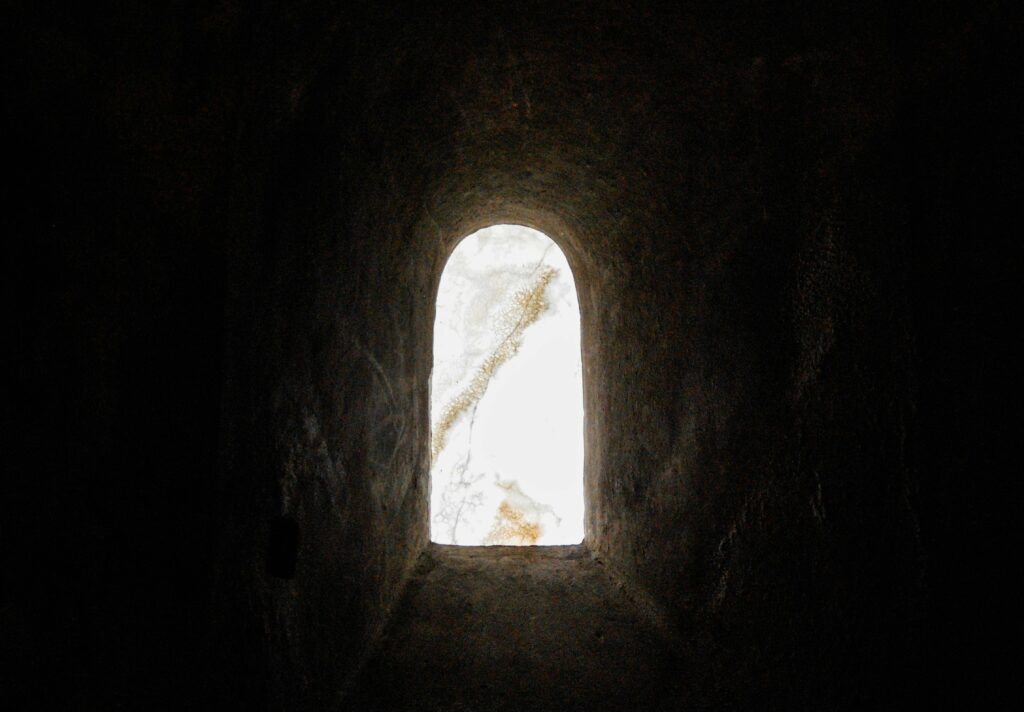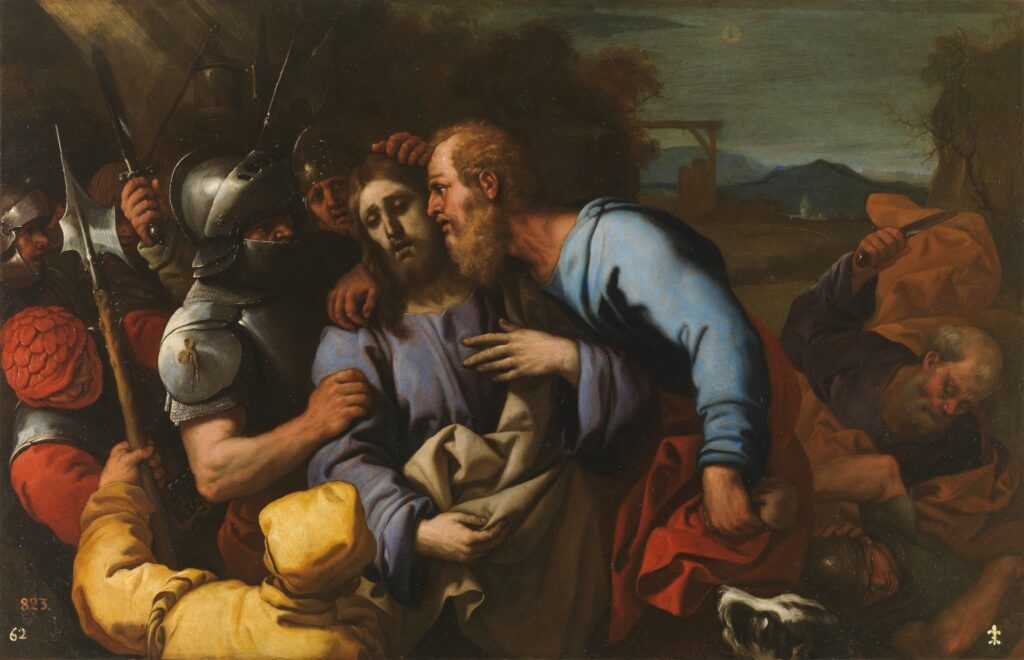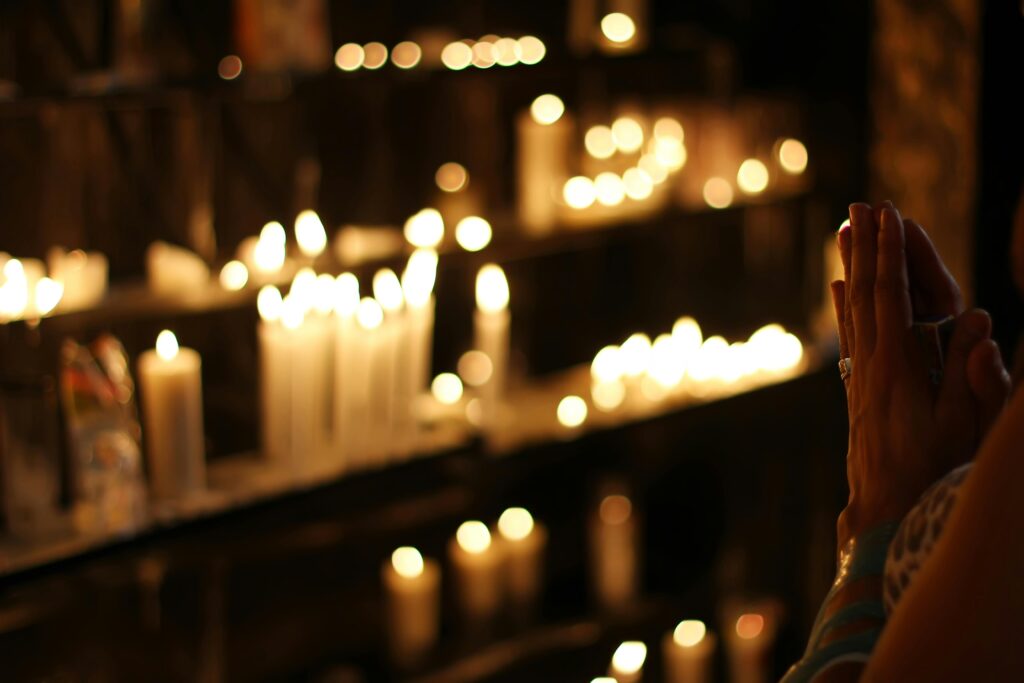For Our Brothers & Sisters On The Move
110th World Day of Migrants and Refugees - September 29, 2024
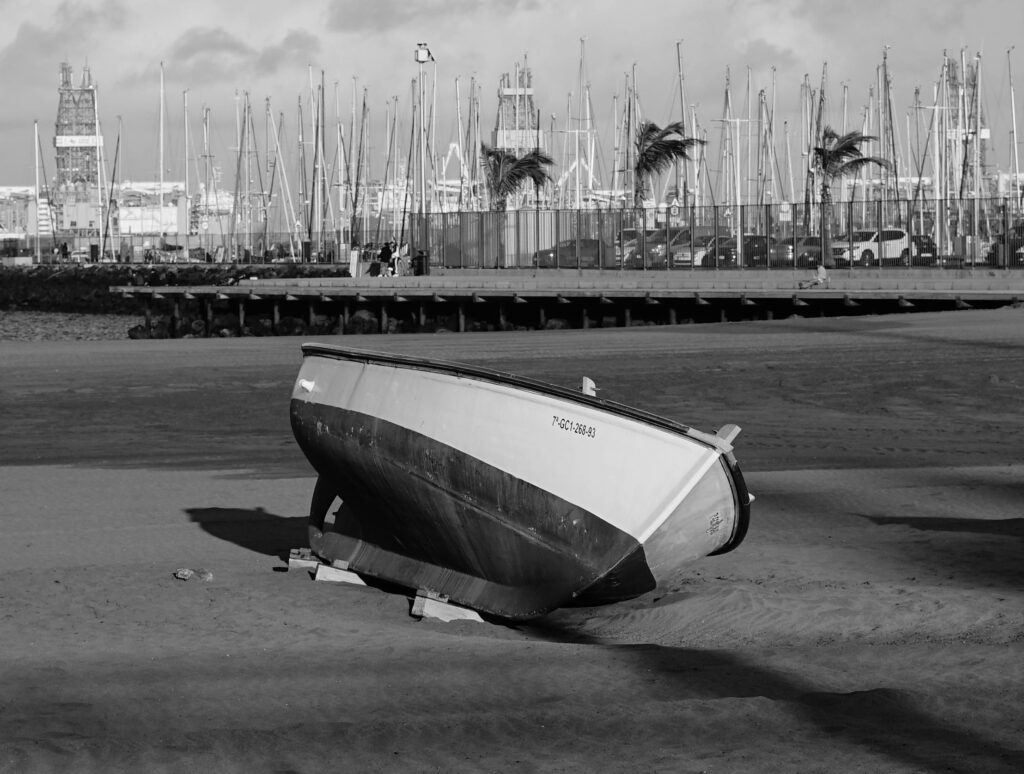
Every year, the United Nations and the Catholic Church each celebrate a world day of prayer and solidarity with migrants and refugees. This gathering is an occasion to reflect on the phenomenon of the great migratory and refugee movements that we see today, en masse and across humankind, with their resulting humanitarian crises.
These migrations take place within many nations, and at times through forced displacements, especially when they result from violent conflicts or, internationally, when groups of people leave their homelands – for multiple and complex reasons – and go in search of better living conditions in other nations.
This year, the 110th WORLD DAY OF MIGRANTS AND REFUGEES will be organized by the Catholic Church. It will take place next Sunday, September 29, with Pope Francis’ message and theme for the occasion: “God walks with His people,” in the context of the conclusion of the 16th Ordinary General Assembly of the Synod on Synodality, which is presented as “the joint journey of the People of God” and which “allows the Church to rediscover its itinerant nature, as the People of God journeying through history on pilgrimage, “migrating,” we could say, toward the Kingdom of Heaven…”
“Likewise,” the Pope says in the aforementioned message, “it is possible to see in the migrants of our time, as in those of every age, a living image of God’s people on their way to the eternal homeland. Their journeys of hope remind us that “our citizenship is in heaven, and it is from there that we are expecting a Saviour, the Lord Jesus Christ…. The images of the biblical exodus and of migrants share several similarities. Like the people of Israel in the time of Moses, migrants often flee from oppression, abuse, insecurity, discrimination, and lack of development opportunities.”
Likewise, there have been countless references, defenses, and actions by the United States Conference of Catholic Bishops in favor of migrants and refugees. The Fifth General Conference of the Latin American Episcopate, held in Aparecida, Brazil, also expressed the same concerns and interests, stating that: With globalization, new faces emerge among the poor of our peoples… we fix our gaze on the faces of the newly excluded: the migrants… In Latin America and the Caribbean, migrants, displaced persons, and refugees are a new and dramatic reality, especially for economic, political, and violent reasons. The Church, as Mother, must see herself as a Church without borders, a family Church, attentive to the growing phenomenon of human mobility in its various sectors. (Aparecida, 402, 411 and 412)
The Latin American pastors advocated, in the same Conference, spirituality and pastoral care for migrants, cooperation and dialogue between the Churches of origin and reception, and prophetic denunciation against the causes of migration and the abuses suffered by migrants and refugees, etc. (Cf. Aparecida 413 – 416)
We are citizens of the world, and every human being has the right to seek and procure dignified living conditions. Governments and leaders of the countries that give rise to massive migratory movements must fulfill their obligation to provide their citizens with the social, political, and economic opportunities they need for a decent human life, avoiding and overcoming corruption, violence, inequality, injustice, etc., factors that – mostly – are what spur these enormous human migratory movements.
The nations receiving these migrants, for their part, must protect their borders to regulate and control migration and preserve public order, peace, stability, and the security of their citizens from potentially violent disturbances led by criminal gangs that hide in disguise among the great masses of migrants.
In his message for International Migrants Day in 2023, the UN Secretary-General, Mr. António Guterres, reminded us that “migration is a reality and a positive force” because it “fosters the exchange of knowledge and ideas and contributes to economic growth” while also “allowing millions of people to seek opportunities and improve their lives.”
But, in the same message, he warned about “poorly governed migration” causing great suffering that originates – primarily – from the significant gangs of human traffickers, who subject migrants to many forms of abuses, exploitation, violence, and death. Additionally, the occurrence associated with phenomena of racism, hatred, intolerance, and xenophobia, which spread like a plague, undermines, and corrodes our values and foundations as a human race that fights for a better present, a better future, and a common destiny that is liveable, dignified, and kind for all.
Five years ago, the United Nations approved the “Global Compact for Safe, Orderly and Regular Migration.” This international instrument urges the signatory countries to evaluate their activities and cooperation on migration issues to achieve respect for human rights through order, control, and solidarity among all parties involved in this crisis, especially the governments of the nations of origin, transit, and destination of these migratory movements.
This Sunday, September 29, is an essential moment for the solidarity of all human beings with their brothers and sisters who have suffered the loss of their homeland and loved ones. Prayer is very important, but it becomes even more important when accompanied by deeds and concrete actions that help the world’s migrants and refugees.
Mario J. Paredes is CEO of SOMOS Community Care, a social care network of more than 2,500 independent providers responsible for reaching out and delivering care to more than 1 million Medicaid patients across New York City.
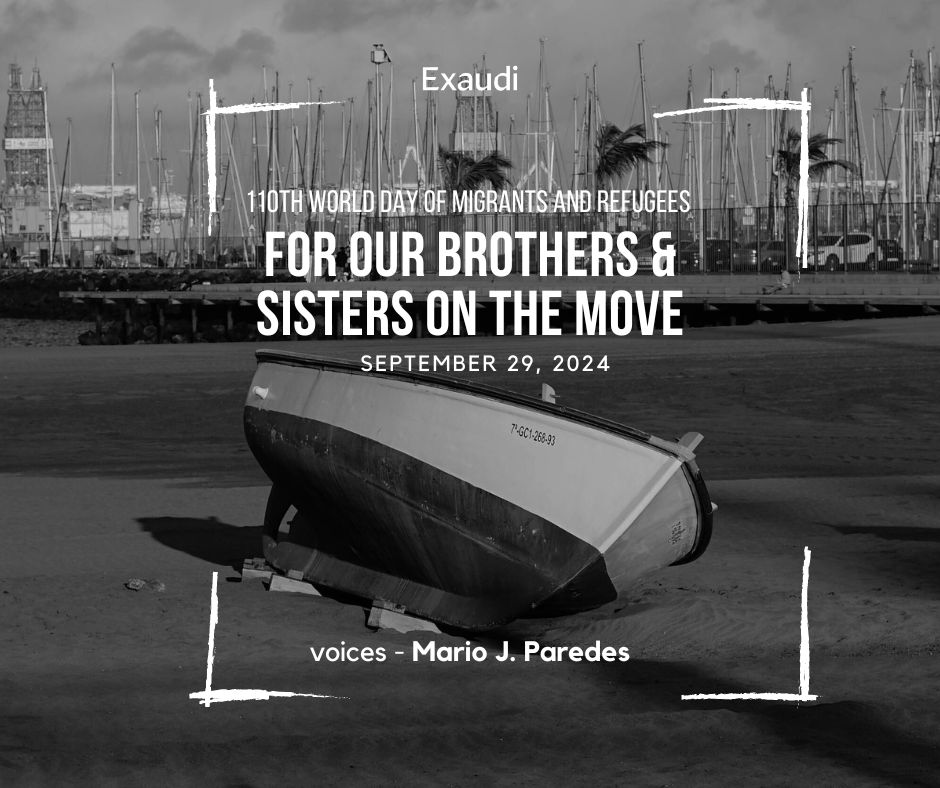
Related
 (EN)
(EN)
 (ES)
(ES)
 (IT)
(IT)


